Centene Employees Drive Inclusion and Awareness During Native American Heritage Month
11/29/2023
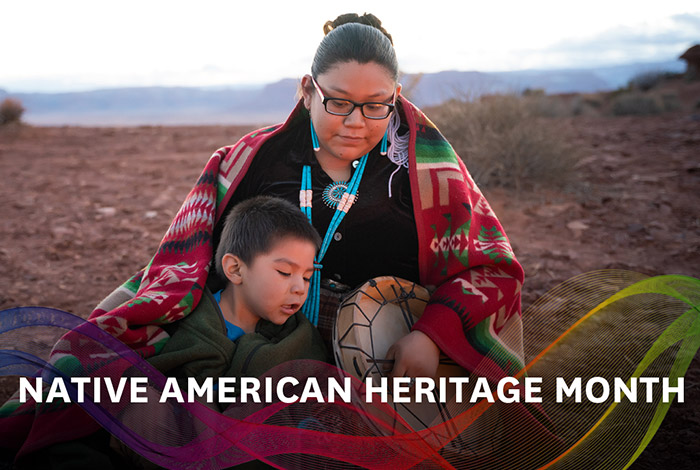
As Centene recognizes Native American Heritage Month, we spotlight our employees’ commitment to advancing diversity, equity and inclusion where we live, work and serve.
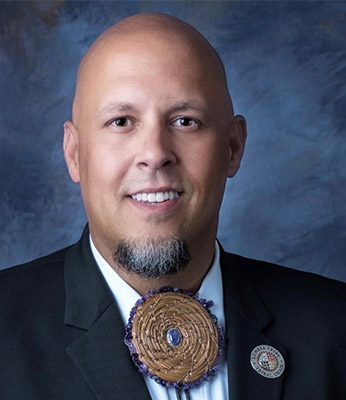 John Lowery, Carolina Complete Health Tribal Liaison
John Lowery, Carolina Complete Health Tribal Liaison“November is about celebrating each Tribal nation as much as it is about non-natives learning, understanding and celebrating our culture, history and resiliency,” said Carolina Complete Health Tribal Liaison, John Lowery.
“Native American people have struggled to preserve their heritage and beliefs. My grandparents were survivors of residential schools. No one should have to fight to be free to believe what they feel is in their heart,” said Fidelis Care NICU Case Manager, Christine Goodwin. “I am a part of the Seneca Nation of Indians, Heron clan. Growing up feeling unsafe and insecure causes trauma. Generational trauma can lead to mental health issues like substance abuse, depression and suicide. I want colleagues to know we are strong, good-humored and proud people. To learn more, there are many books written by Native American authors, including “The Rediscovery of America” by Ned Blackhawk.”
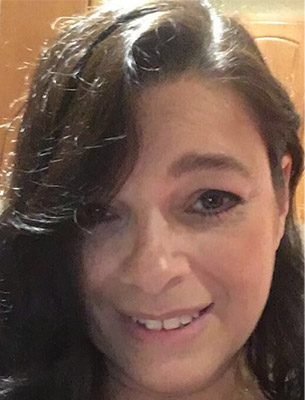 Christine Goodwin, Fidelis Care NICU Case Manager
Christine Goodwin, Fidelis Care NICU Case Manager“This month celebrates and acknowledges the history of Native American people,” said Western Sky Community Care Provider Relations Specialist II and Tribal Liaison, Zane James. “It helps us better understand the culture of the first nations and respect the sovereign rights of the people.”
“There is a lot of historical significance behind Native American Heritage Month, but for me, it means the opportunity to acknowledge that I am still here,” said Arizona Complete Health Tribal Program Specialist, Julia Chavez. “I am an enrolled member of the Tohono O’odham Nation from Sells, Arizona, and I am also part of the Pascua Yaqui Tribe of Arizona. I share my culture and traditions so people can learn about who I am and where my people come from. There are 574 Federally Recognized Tribes in the United States and more still waiting to be recognized. This month we celebrate our people, educate about our past and create hope for future generations. Our legacy needs to be continuously shared so past atrocities will not repeat and to break down any existing stereotypes.”
Employees also describe how they advance inclusion by building trusted partnerships in the workplace and our communities.
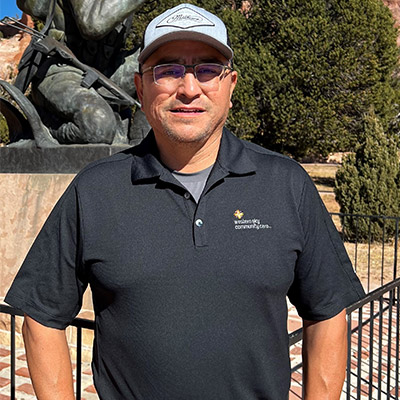 Zane James, Western Sky Community Care Provider Relations Specialist II and Tribal Liaison
Zane James, Western Sky Community Care Provider Relations Specialist II and Tribal Liaison“We sponsored a lunch and learn at Carolina Complete Health where one of our Tribal health care workers discussed health disparities within North Carolina’s Tribal communities,” John said. “Events like these highlight Tribal communities and ensure inclusion and advancement.”
“As I am working with any member of a minority group, I remember that there can be mistrust and anger toward certain aspects of medical care,” Christine said. “I explain why tests or procedures are needed and let members know that it is ok to ask questions and to ask for help. Many people are living in survival mode and do not know who they can put their faith in. I hope I am one of those people they feel they can trust.”
“In the Navajo culture, we operate on a clan system known as K’é (Kinship),” Zane said. “The moment a child is born, they are a mother, father, grandmother, grandfather, etc., so when you greet someone with K’é (kinship), that is establishing a lifelong relationship. That concept should apply when we are working with Native communities ꟷ it should be a lifelong relationship.”
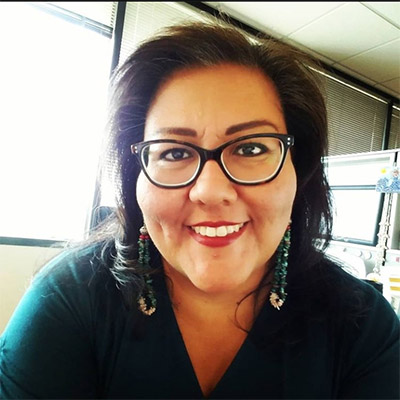 Julia Chavez, Arizona Complete Health Tribal Program Specialist
Julia Chavez, Arizona Complete Health Tribal Program Specialist“I always invite others to join me in visiting our Tribal communities so they can see who we serve and help be creative in meeting their needs,” Julia said. “Including multiple departments to learn from our Tribal communities and work with Tribal Leadership and Tribal Programs provides the best service possible. With Tribal Communities, you need to be out in the community to build a trusting relationship. Including many departments to participate in Tribal events and programming helps create an inclusive workplace that is welcoming and safe.”
Centene’s Employee Inclusion Groups (EIG) support our inclusive workplace, welcoming employees across Centene and its subsidiaries. Membership in an EIG is open to everyone, regardless of their community affiliation.